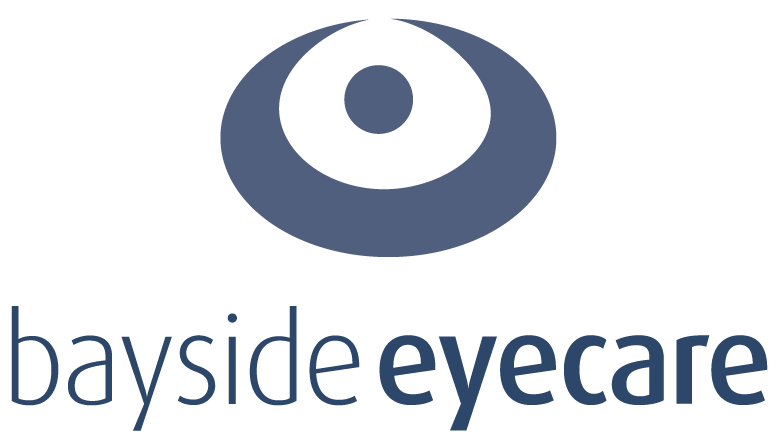Regular eye checks are an essential part of staying on top of your ocular health. Over time, changes to your general health can impact your vision, regular eye checks may help detect any problems at an early stage, before you even notice them. Early detection means you can start treatment sooner to prevent permanent damage to your eyes.
The most common question optometrists get asked is ‘how often should I get my eyes checked?’. While the general advice suggests every two years, there are other factors that can influence how often you should get an eye test. If you’re someone who has experienced a medical condition such as a stroke, high blood pressure, neurological conditions or diabetes, you might need to get your eyes tested more frequently. This also goes for people who have already been diagnosed with eye-related conditions such as short-sightedness, astigmatism, cataracts, long-sightedness, glaucoma, retinal detachment or macular degeneration.
Benefits of getting a regular eye check up
A regular eye check up benefits patients by improving their quality of life day-to-day. People who might be struggling with their vision or experiencing frequent headaches and eyestrain may be able to address these issues with corrective eyewear such as glasses or lenses.
Eye checks also have many long-term benefits for eye health. Over 50% of cases involving sight loss are preventable if they are identified in time. Many people won’t experience any symptoms during the early stages of most eye diseases. It is in these early stages when preventative treatment can be most beneficial. Unfortunately for many ocular conditions, they become irreversible and very difficult to treat once they are fully developed.
How can I keep my eyes healthy?
There are a few important steps you can take to help keep your eyes healthy. These include:
- stopping smoking
- having a healthy and balanced diet
- regular exercise
- protecting eyes in bright sunlight
- wearing safety goggles during hazardous activities
- and taking breaks from staring at screens throughout the day.
These steps for taking care of your eyes are simply to support your eye health alongside regular eye checks every two years. Changes in eyesight should never be dismissed as being part of getting older as they can often be a sign of other degenerative eye conditions.
Getting an eyesight test can also help in detecting problems such as brain tumours, heart disease, high blood pressure and multiple sclerosis.
Who can test my eyes?
There are many eye health professionals who can conduct eye examinations. Ophthalmologists are medical specialist doctors who can diagnose eye conditions and perform eye surgery. Optometrists can examine your eyes, diagnose eye conditions as well as prescribe corrective eyewear. Some optometrists, such as the optometrists who work at Bayside Eyecare, also carry a licence to prescribe medication that can treat eye diseases.
Does Medicare cover eye checks?
Worried about booking an eye test? Medicare rebates are available when you have your eyes examined by at optometrist at Bayside Eyecare. Medicare rebates vary depending on your age and can be submitted directly to Medicare on your behalf at the time of your appointment.
If you want to book an eye test today, the team at Bayside Eyecare are here to help you. Simply give us a call on (03) 9909 5329 or complete our online contact form to arrange an appointment and we will get back to you soon.

 (03) 9596 1238
(03) 9596 1238


